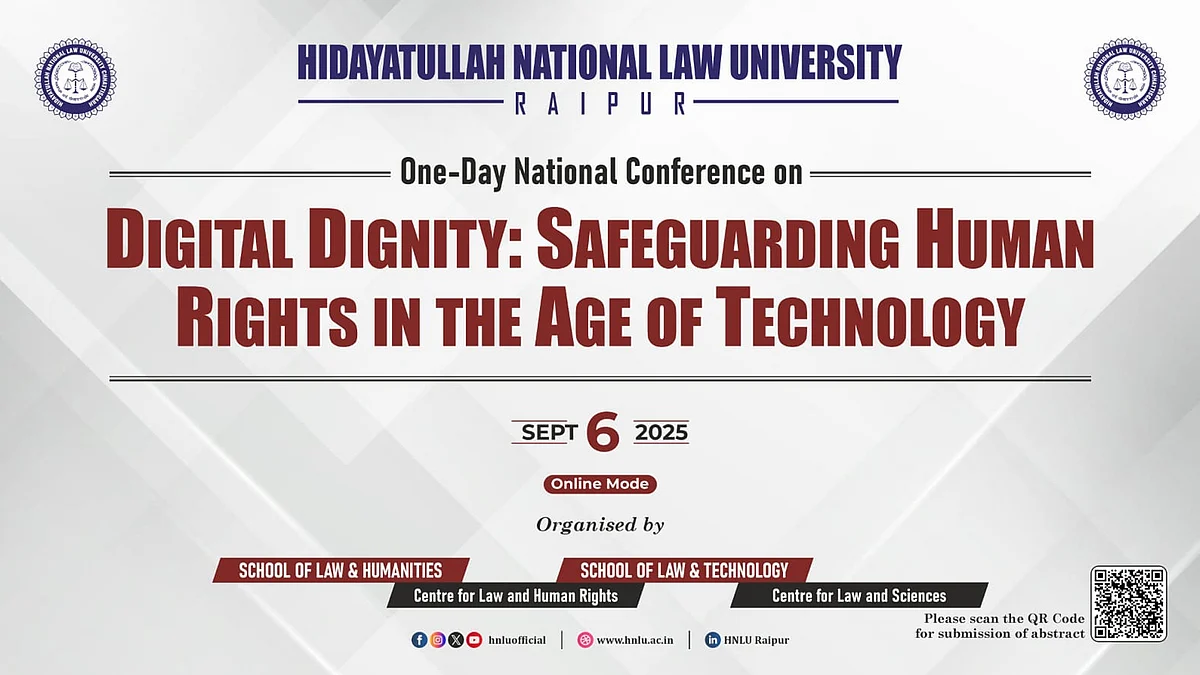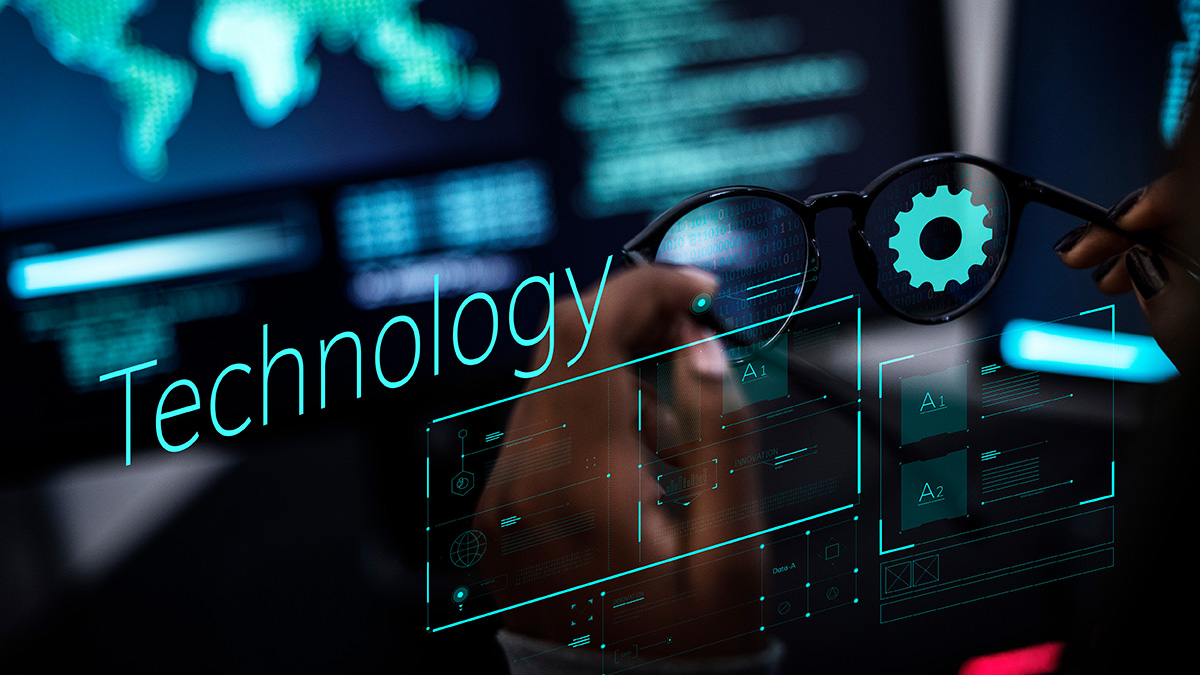OpenAI Unleashes AI Power: Key ChatGPT Tech to Be Open-Sourced for Researchers & Businesses

In a groundbreaking move that’s set to reshape the landscape of artificial intelligence, OpenAI, the powerhouse behind ChatGPT, has announced it will be open-sourcing key components of the technology that fuels its popular chatbot. This significant shift marks a departure from OpenAI's previous approach and promises to accelerate AI research and innovation across various sectors.
What’s Being Open-Sourced?
OpenAI will be releasing two crucial AI systems under an open-source license. While specific details are still emerging, the move is expected to grant external researchers and businesses unprecedented access to the underlying architecture and algorithms that power ChatGPT's impressive capabilities. This transparency aims to foster collaboration, drive advancements, and allow for broader experimentation with AI models.
Why the Change of Heart?
For years, OpenAI maintained a more closed approach to its core technologies, citing concerns over potential misuse and the need to control the development and deployment of powerful AI systems. However, the company has increasingly recognized the benefits of open collaboration and the potential for wider societal impact through shared knowledge. This decision likely reflects a growing consensus within the AI community that open-source models can be developed and managed responsibly, leading to faster progress and more equitable access to AI benefits.
Impact on Researchers and Businesses
The open-sourcing of this technology will be a game-changer for researchers. It will provide them with a valuable platform to study, refine, and build upon OpenAI’s work, potentially leading to breakthroughs in areas like natural language processing, machine learning, and AI ethics. Businesses, too, stand to gain. They’ll be able to leverage these open-source tools to develop their own AI-powered applications and services, reducing development costs and accelerating time to market.
Potential Challenges and Considerations
While the move is largely viewed positively, it's not without potential challenges. Concerns remain about the potential for misuse of the technology, particularly in areas like disinformation and malicious applications. OpenAI will likely implement safeguards and guidelines to mitigate these risks, and the broader AI community will need to engage in ongoing discussions about responsible AI development and deployment. Furthermore, ensuring fair access and preventing the concentration of AI power in the hands of a few large players will be crucial as open-source AI models become more prevalent.
Looking Ahead
OpenAI’s decision to open-source key components of ChatGPT’s technology represents a pivotal moment in the evolution of AI. It signals a shift towards greater transparency and collaboration, and it has the potential to unlock a new era of innovation and progress. The South African tech community, and indeed the world, will be watching closely to see how this development unfolds and the impact it has on the future of artificial intelligence.






